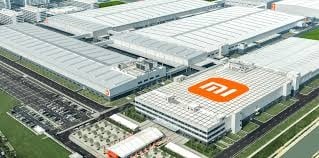 |
A view of a smart home appliance factory. Photo: Xiaomi . |
On October 28, the first phase of Xiaomi's smart home appliance factory was officially completed and put into operation. This is the group's third self-owned project in Wuhan.
The factory covers an area of more than 2.7 million square meters, and will start construction in November 2024 and be completed in just 11 months. According to the plan, the maximum annual production capacity can reach 7 million air conditioners, with an output value of about 14 billion yuan.
Big step forward for the brand
Lu Weibing, President of Xiaomi Group, said that the completion of the smart home appliance factory could mark the end of Xiaomi's "people-car-home" ecosystem manufacturing strategy. After smartphones and supercars, home appliances have become the third pillar to help the group become self-sufficient in its production system.
Unlike phones or cars, the air conditioning industry has been a market that has been growing steadily for decades, led by giants like Gree and Midea. Xiaomi’s decision to build its own factory at this time is a test of its production methods and organizational capacity.
Shan Lianyu, General Manager of Xiaomi's Large Appliances Division, stressed that the company wants to compete on products, technology, services and AI, not on price. According to a Goldman Sachs report, Xiaomi's market share could rise to 10% in the medium term thanks to its ecosystem and distribution network advantages to build a leading position in second-tier cities.
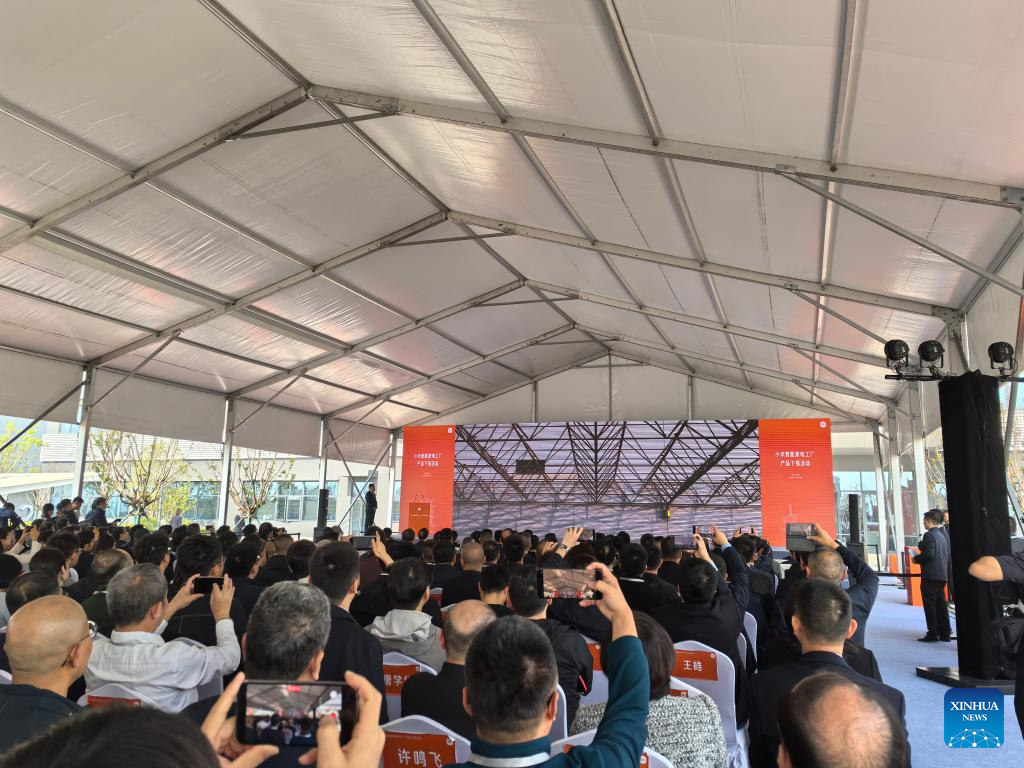 |
Xiaomi's factory inauguration ceremony. Photo: Xinhua News. |
With the increase in sales volume, the pure manufacturing model can no longer meet Xiaomi's needs for product experience, closed-loop data, and supply chain flexibility. Building your own factory allows direct control of core processes, shortens the R&D cycle, and builds an integrated fence from research to delivery.
Logistics efficiency was also a key factor in the decision to build its own factory. The rational factory layout helps shorten delivery times by two to three days. “In the future, Xiaomi will also build its own factories and cooperate with each other in each region to synchronize logistics and production,” Mr. Shan said.
Cannot "overthrow" the leader
In Wuhan, Xiaomi has built a factory that combines speed and artificial intelligence for home appliances. The factory has a first-time pass rate exceeding 99%, producing a high-end air conditioner in just 6.5 seconds, with an annual capacity of 51 units per square meter.
Ding Shaojiang, chief analyst of GKURC Industry and Economy Think Tank, said that intelligent manufacturing capabilities are becoming a core differentiator in the home appliance industry. In an increasingly homogeneous competitive environment, the ability to respond quickly and control defect rates at low costs brought by intelligent systems will gradually translate into competitive advantages in terms of market share and profit margins.
According to Liu Bucheng, an expert in the field, this is not only Xiaomi, this is the inevitable development direction of the entire industry. Over the past decade, the production level of Chinese home appliance enterprises has been significantly improved.
Inside Midea's highly automated factory. Photo: SCMP. |
Factors such as intelligent automation, digitalization, unmanned operation, and green manufacturing have become mainstream trends, leading to the emergence of many advanced models even on a global scale. Thereby, the competitiveness of Chinese home appliances is guaranteed in the international market right from the production stage.
However, in terms of the depth of the industrial chain, Xiaomi is still facing structural constraints in its efforts to make a breakthrough in the air conditioning market.
According to data from Guolian Minsheng Securities, in 2024, Midea and Gree will account for 45% and 20% of the compressor market share, respectively, while their finished air conditioner market share will be 31% and 22%, showing that the components segment is even stronger than the finished products.
The organization recognizes that manufacturers like Aux and Xiaomi have made progress in developing their own compressors in the past two years. However, that effort has not been enough to shake the competitive advantage of the leading enterprises in the component field.
Source: https://znews.vn/xiaomi-khanh-thanh-sieu-nha-may-gia-dung-post1598389.html


![[Photo] Ho Chi Minh City Youth Take Action for a Cleaner Environment](https://vphoto.vietnam.vn/thumb/1200x675/vietnam/resource/IMAGE/2025/11/04/1762233574890_550816358-1108586934787014-6430522970717297480-n-1-jpg.webp)
![[Photo] Panorama of the Patriotic Emulation Congress of Nhan Dan Newspaper for the period 2025-2030](https://vphoto.vietnam.vn/thumb/1200x675/vietnam/resource/IMAGE/2025/11/04/1762252775462_ndo_br_dhthiduayeuncbaond-6125-jpg.webp)
![[Photo] Ca Mau "struggling" to cope with the highest tide of the year, forecast to exceed alert level 3](https://vphoto.vietnam.vn/thumb/1200x675/vietnam/resource/IMAGE/2025/11/04/1762235371445_ndo_br_trieu-cuong-2-6486-jpg.webp)
![[Photo] The road connecting Dong Nai with Ho Chi Minh City is still unfinished after 5 years of construction.](https://vphoto.vietnam.vn/thumb/1200x675/vietnam/resource/IMAGE/2025/11/04/1762241675985_ndo_br_dji-20251104104418-0635-d-resize-1295-jpg.webp)


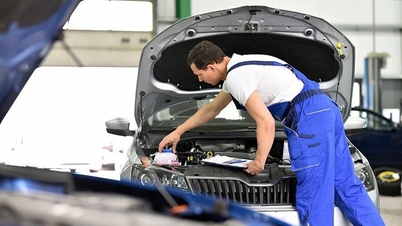

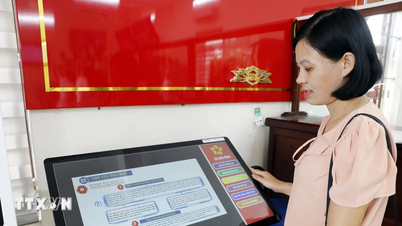




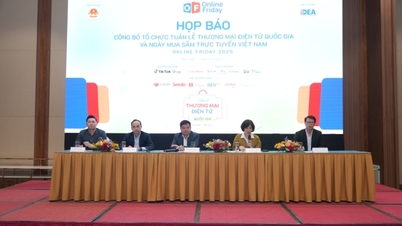





















































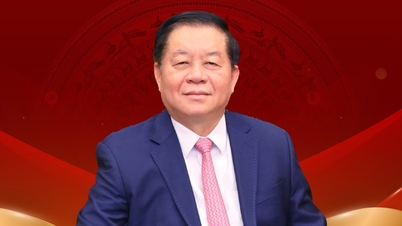



















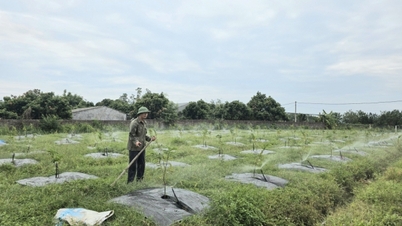













Comment (0)